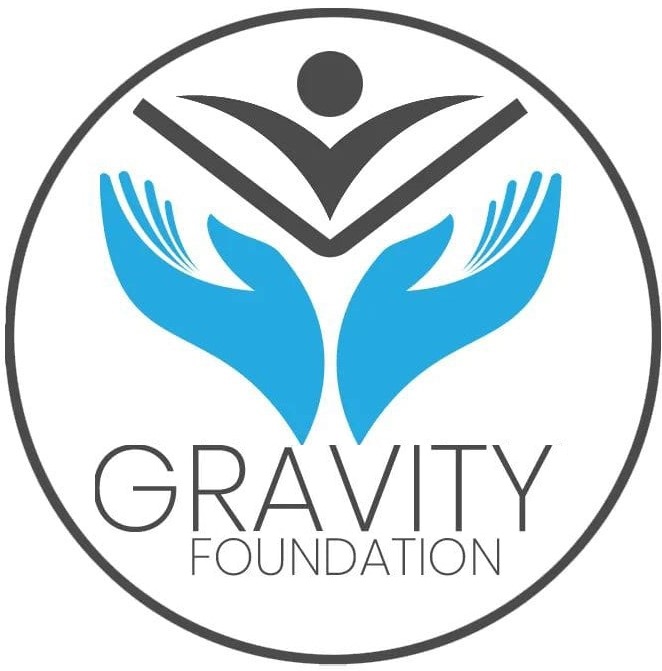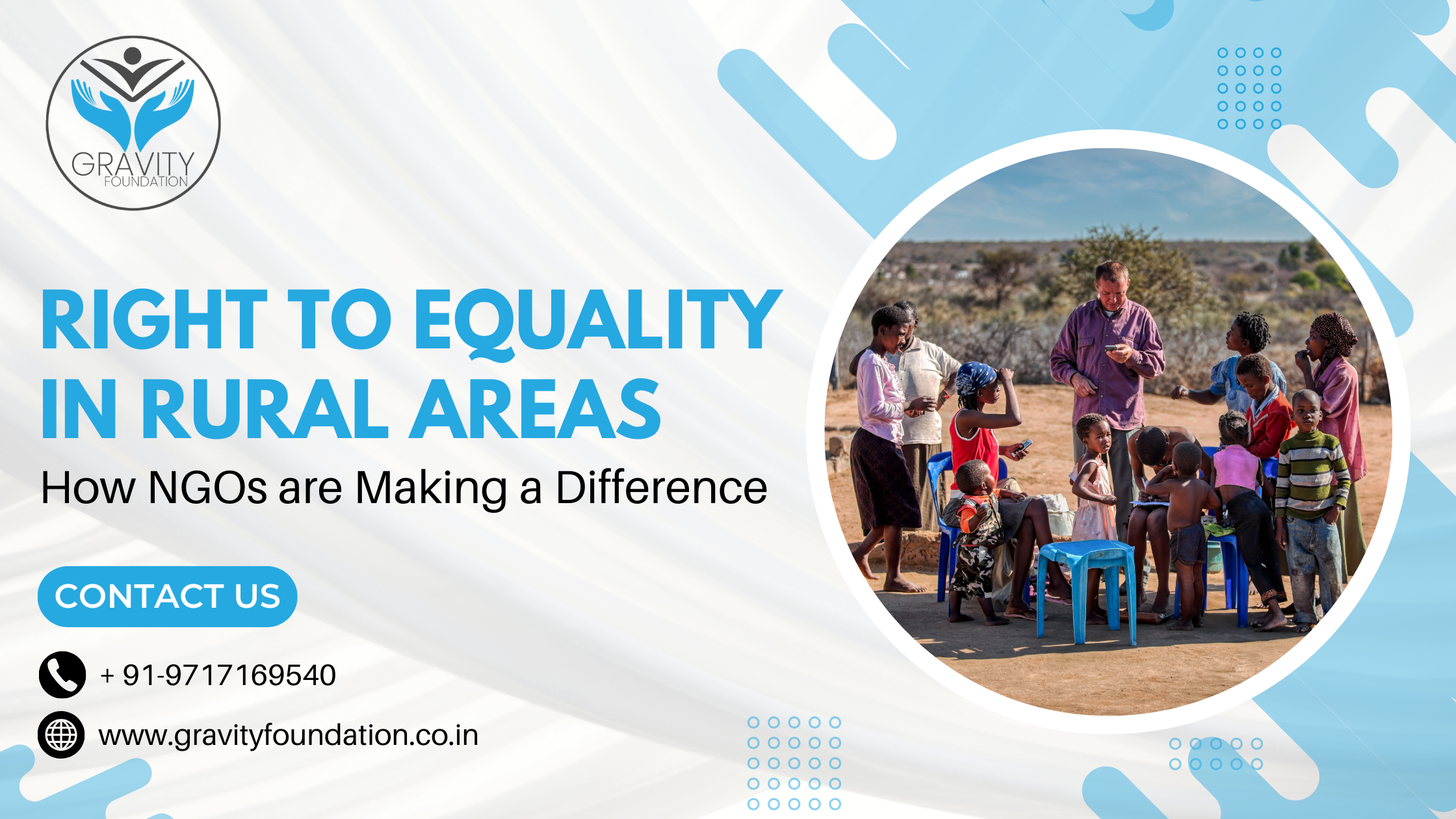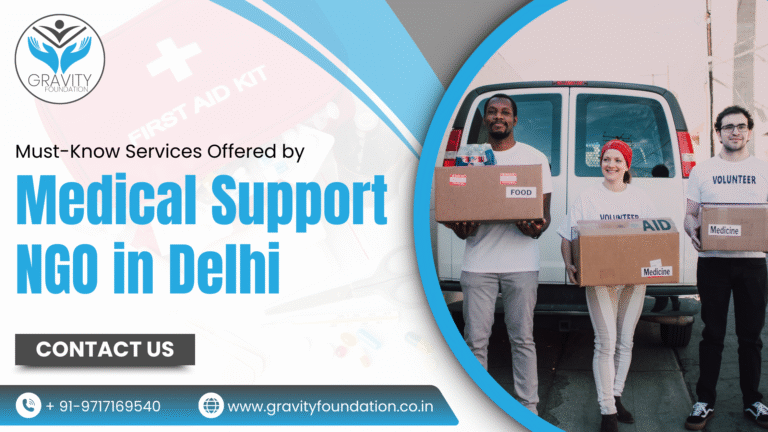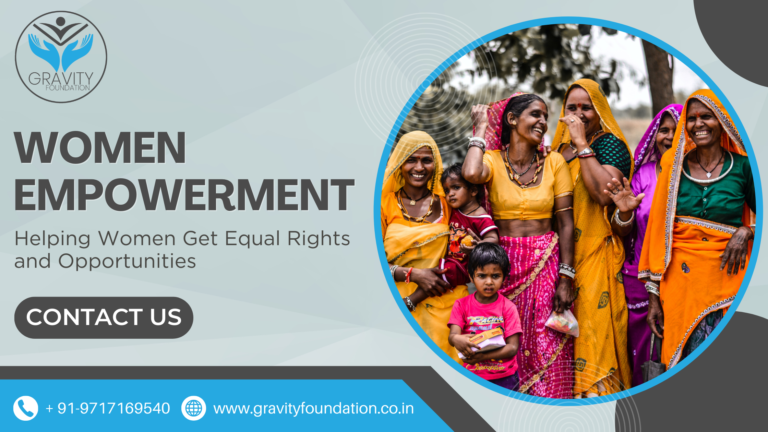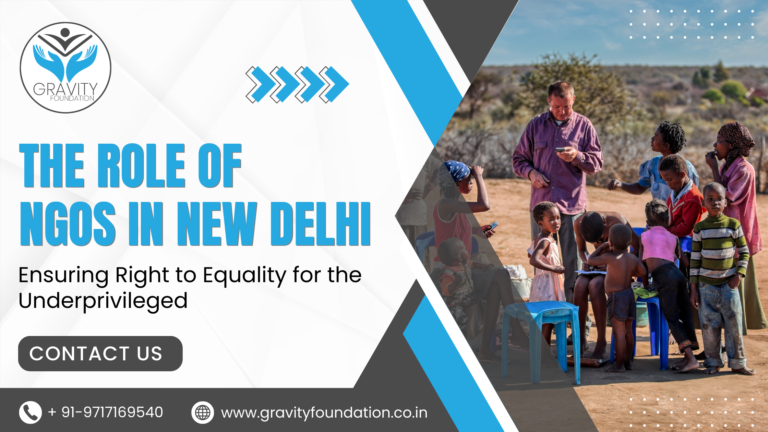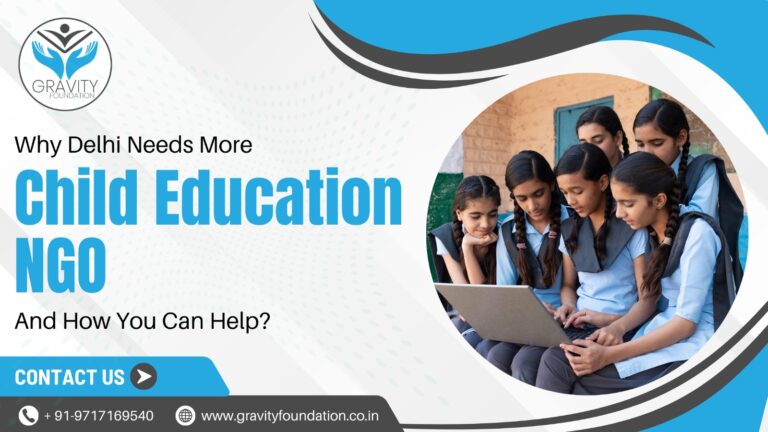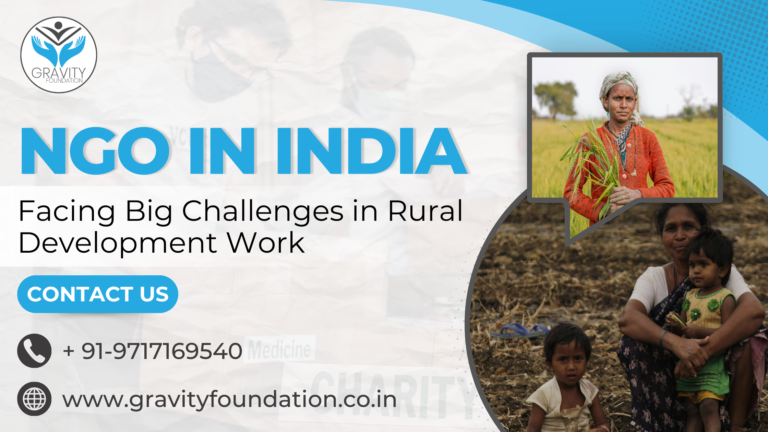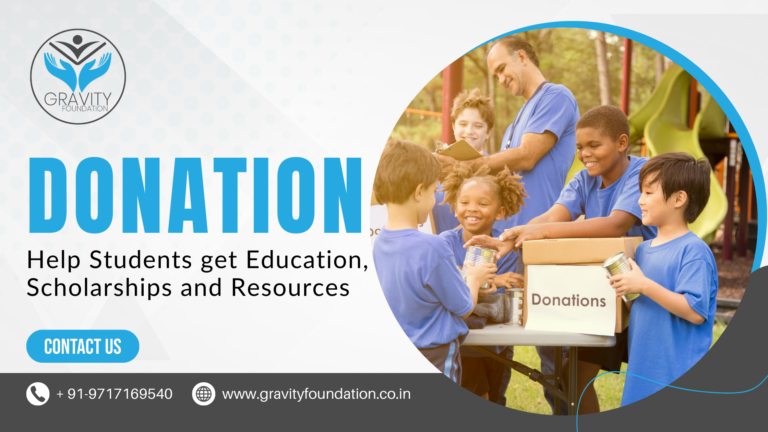Right to Equality in Rural Areas: How NGOs are Making a Difference?
The right to equality means that every person should be treated the same, but many people in villages still do not get equal chances. In cities, people have better child education, healthcare, and jobs, but in villages, life is very hard. Many people face problems because of their caste, gender, or how much money they have. They do not have good schools, hospitals, or jobs. Because of that, they stay poor and cannot improve their lives. However, NGOs are helping by giving education, healthcare, and job training. Their work is bringing hope and making urban and rural areas more equal.
The Reality of Inequality in Rural Areas
The government tries to help villages, but the right to equality is still not a real issue for many. If we compare, cities have better schools, hospitals, and jobs than villages. Many villages have poor schools and no proper hospitals. Education is a big issue. Many children do not go to school, so they cannot learn. Some work for their families, while girls leave school early for marriage or housework. Healthcare is also a problem. Villages have few doctors, so sick people do not get treatment. Moreover, caste and gender discrimination still happen, making life harder. women empowerment is needed.
Struggle for Right to Equality Faced by Rural People
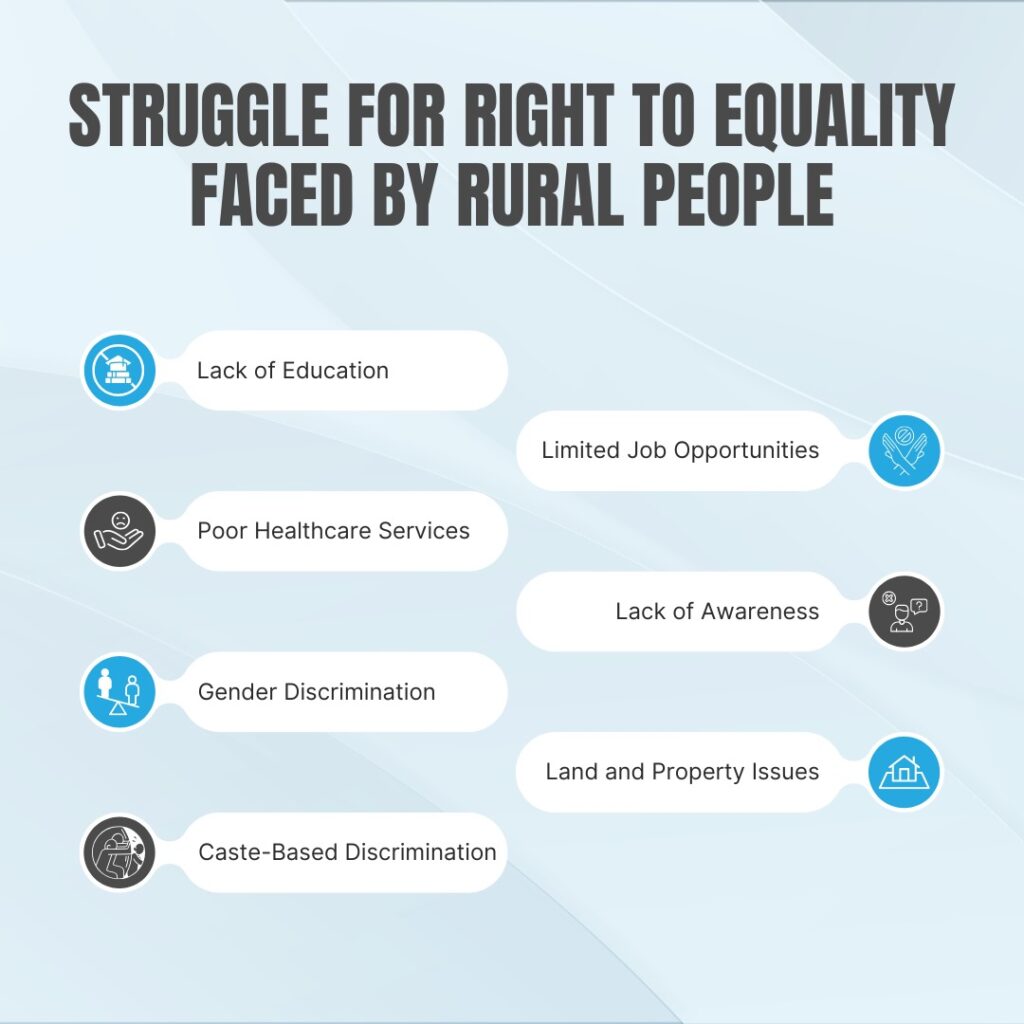
- Lack of Education – Many children, especially girls, cannot go to school because their families are poor, they must work, or society does not support their learning. child education programs help solve this problem.
- Poor Healthcare Services – Villages do not have enough hospitals, so people suffer when they are sick. education NGO programs help spread health awareness.
- Gender Discrimination – Women are often not allowed to study or work, so they must depend on others. women empowerment programs help them become strong and independent.
- Caste-Based Discrimination – Many people are treated unfairly because of the caste system, which goes against the right to equality.
- Limited Job Opportunities – There are not enough jobs in villages, so many people move to cities, which affects the balance between urban and rural areas.
- Lack of Awareness – Many rural people do not know their rights, so they do not ask for what they deserve. donation campaigns help NGOs share this info.
- Land and Property Issues – Many families do not have proper land papers, so they struggle to keep their homes and farms. Education NGO programs teach them about land rights.
How NGOs Are Creating Impact?
NGOs are helping reduce inequality in villages. Because the government cannot solve all problems alone, NGOs give child education, healthcare, and job training to help people become independent.
- Providing Education: Many NGOs help village children to study. If a child has no money for school, they give scholarships or free books. They also train teachers to teach better. Some NGOs use computers to make learning fun. Education NGO programs help both Urban and Rural students.
- Improving Healthcare: Healthcare is a big problem in villages, but NGOs help by giving free health camps. They provide vaccines, doctor check-ups, and medicines. Some NGOs also give online doctor services, so people do not have to travel far for help. donation programs help pay for these services.
- Women Empowerment: Women in villages have many issues, but NGOs help them learn stitching, farming, and small business skills. This helps them earn money and take care of themselves. Some NGOs also make women’s groups to help each other. women’s empowerment programs make them strong.
- Fighting Social Discrimination: NGOs teach people about their rights. They talk about the right to equality, equal rights for men and women, and unfair caste treatment. This helps more people speak up for themselves. donation campaigns help pay for these programs.
- Economic Development Programs: Villages have very few jobs, so NGOs teach useful skills. They help people learn farming, carpentry, and computer work. This helps them get jobs or start small shops. It also balances urban and rural employment.
Gravity Foundation’s Contribution to Equality
- Providing Education Support – Gravity Foundation gives free books, scholarships, and digital learning tools to support child education. This helps children in villages go to school and learn.
- Healthcare Assistance – The foundation holds free health camps, check-ups, and hygiene programs, so people in villages stay healthy. donation programs help pay for these services.
- Women’s Empowerment Programs – It teaches women simple skills and helps them start small businesses, so they can earn money. women’s empowerment is an important goal.
- Awareness Campaigns – The foundation teaches people about the right to equality, legal rights, and caste discrimination, so they understand their rights.
- Livelihood Support – It gives job training, so rural families can earn money and have a better life. education NGO programs help them learn skills.
- Disaster Relief and Humanitarian Aid – If there is a natural disaster, the Gravity Foundation gives food, shelter, and medical help. Donation programs help fund this support.
Conclusion
Villages still do not have equal rights, but NGOs help them. They give children education, healthcare, and skill training so village people get the same chances as city people. The Gravity Foundation works to make village life better. To make everyone equal, we must help NGOs and tell more people. A person’s future should not depend on where they live. By working together, we can help every village child, woman, and family get the same rights. Giving money and sharing info can bring real change. Equality should be real for all.
